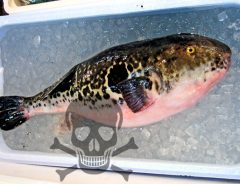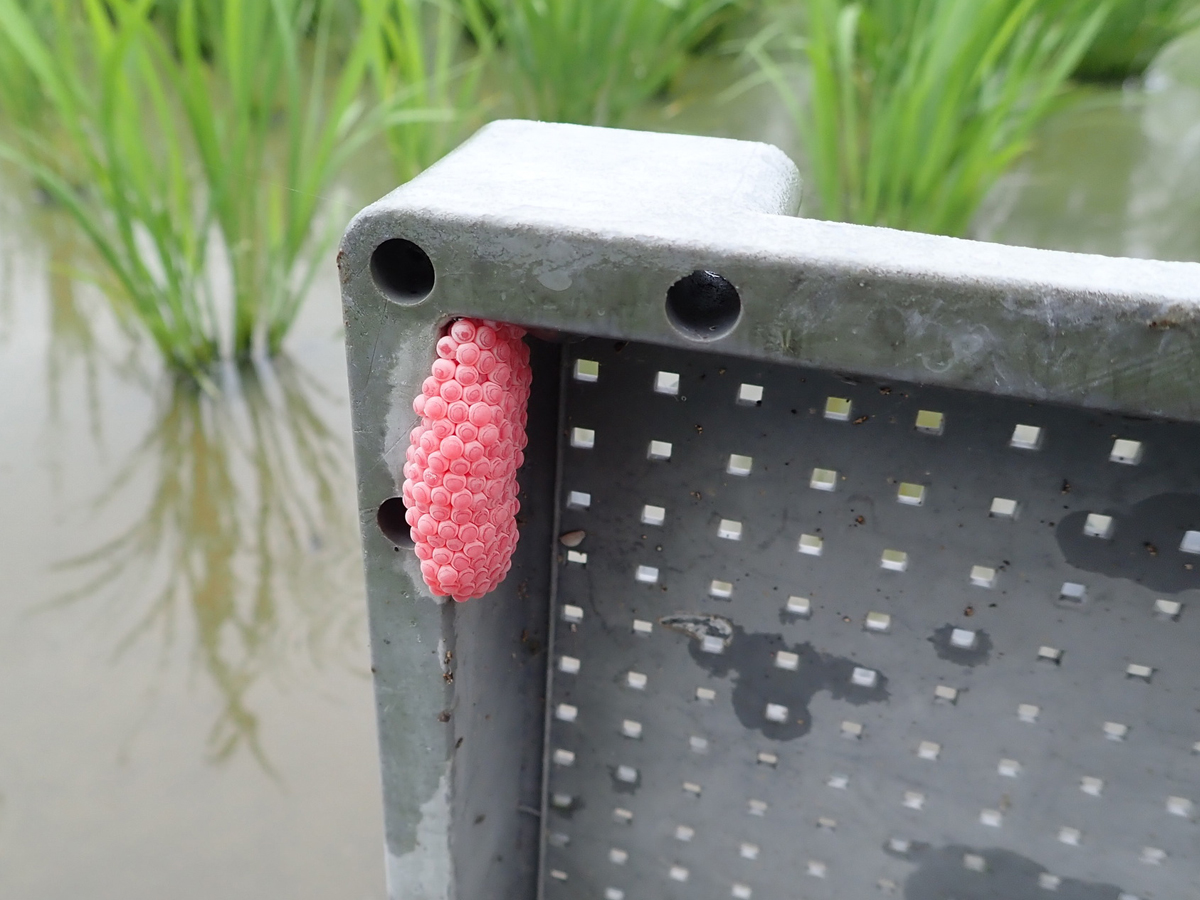Related Article
-

Beware of these noodles! Frequent visitor and influencer has warning for people going to Japan
-

Overzealous Japanese Electronic Toilet Gets Hilarious Warning Sign
-

Japanese airsoft gun maker has stern warning for Halloween revelers
-

Controversy Over Shooting of Bear Who Went For a Romp in an Elementary Schoolyard
-

What dog owners should do when a typhoon hits [manga]
-

Town Goes on Frantic Fishhunt For Lethally Poisonous Fugu Erroneously Sold By Supermarket



Curious children are likely to approach anything that is a bit unusual.
Not only might they observe, but they may also touch or, in the worst-case scenario, even eat things they encounter for the first time.
If you're visiting Japan with young children in tow, the following information may be useful to you:
Don't touch these "berries"
From spring to fall, Japanese language Twitter is often filled with reminders to "never touch" certain things. One thing which has been increasingly mentioned in recent years is an object which could be mistaken for a berry and could look appealing to a curious child due to its pink color and shape:
This strange object is the egg sac of the golden apple snail (Pomacea canaliculata), known in Japanese as ジャンボタニシ janbo tanishi. A native of South America, this snail can now be found in many parts of the world, including the United States China, and Southeast Asia.
While adult snails are edible, the eggs are dangerous to eat, since they often contain the rat lungworm parasite.
Moreover, and more concerningly, they're dangerous to touch with your bare hands, since the eggs contain a toxin designed to protect them from predators. This means even a curious adult who tries to pick one up may potentially put themselves in danger.
Although local governments have alerted people to the dangers of these eggs on their websites, many people are unaware.
On the Internet, many Japanese people are surprised whenever the alerts go out.
Even though it is common knowledge for those who grow rice or live in areas rich in nature, it's not common knowledge for the general public.
If you accidentally touch them, wash your hands promptly. If any symptoms develop, a visit to a doctor or hospital is recommended.